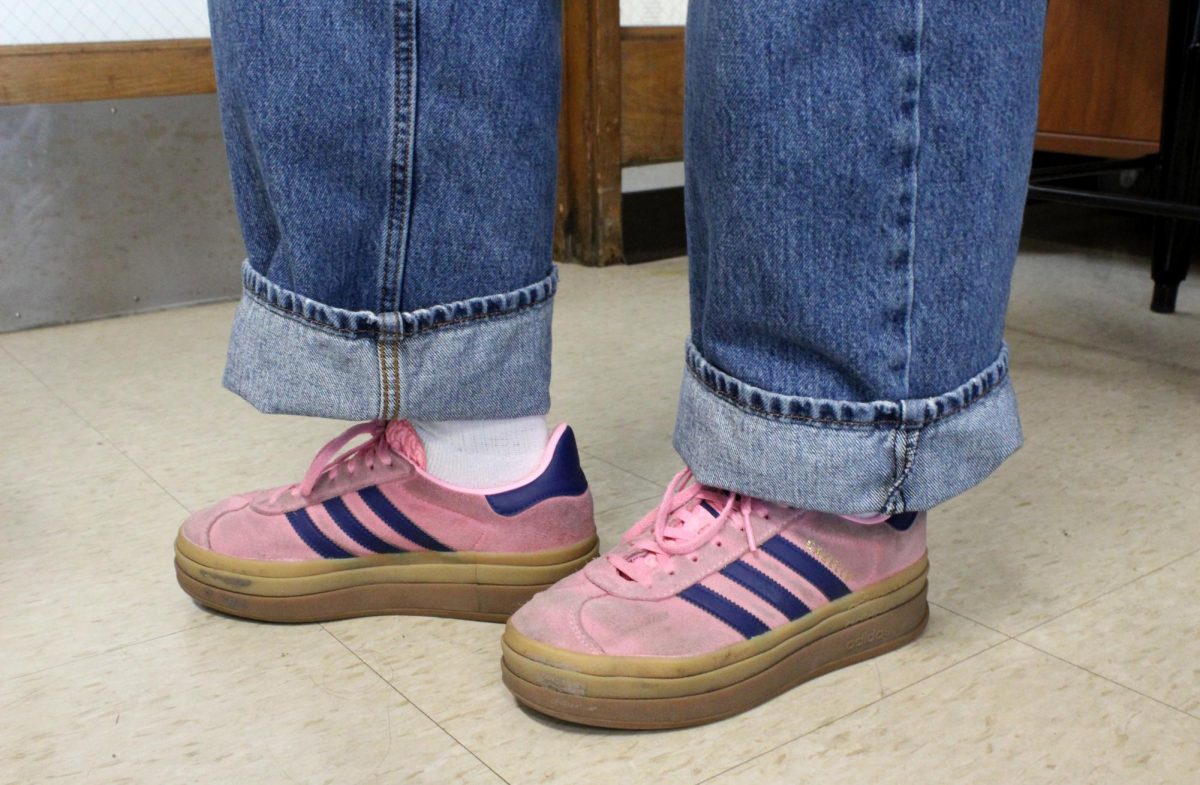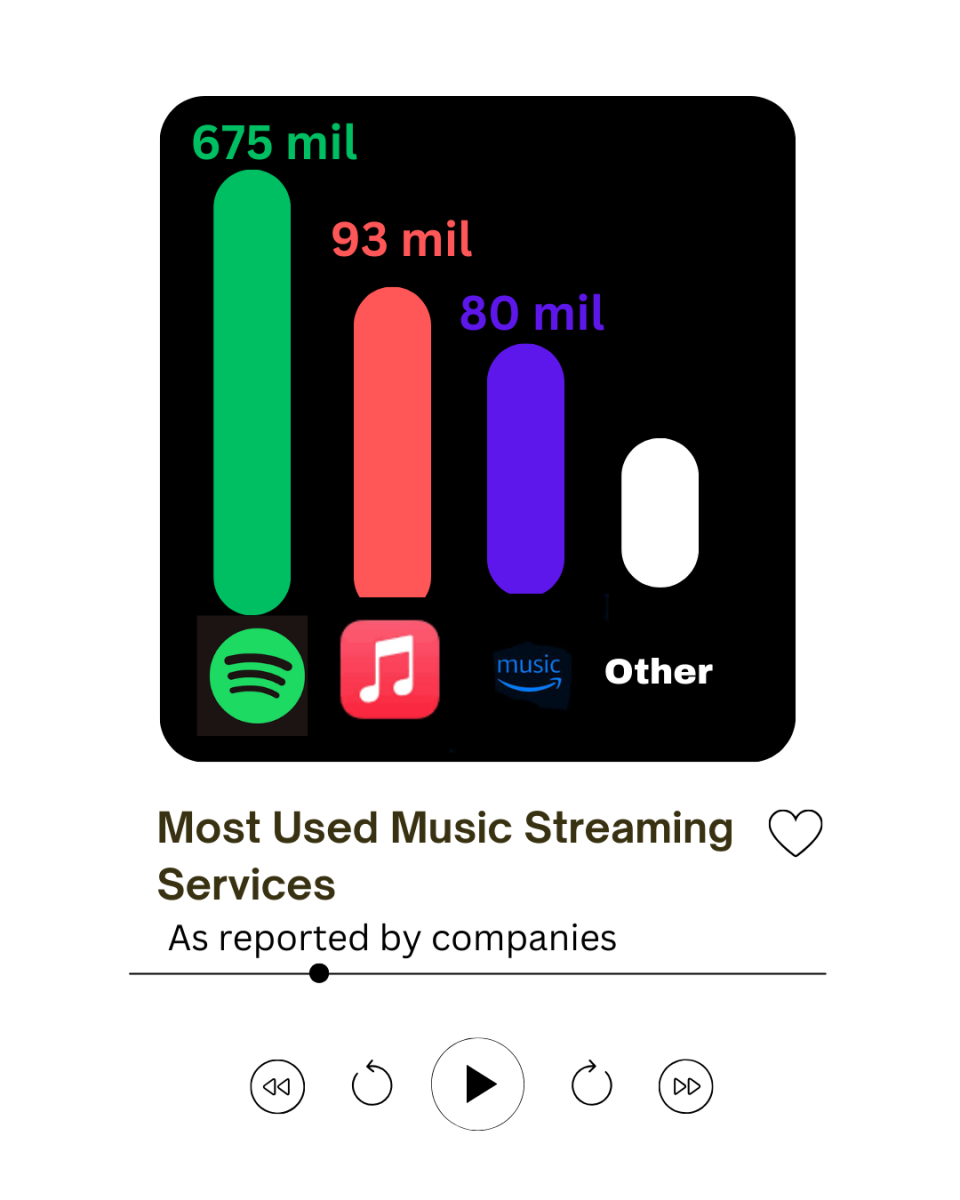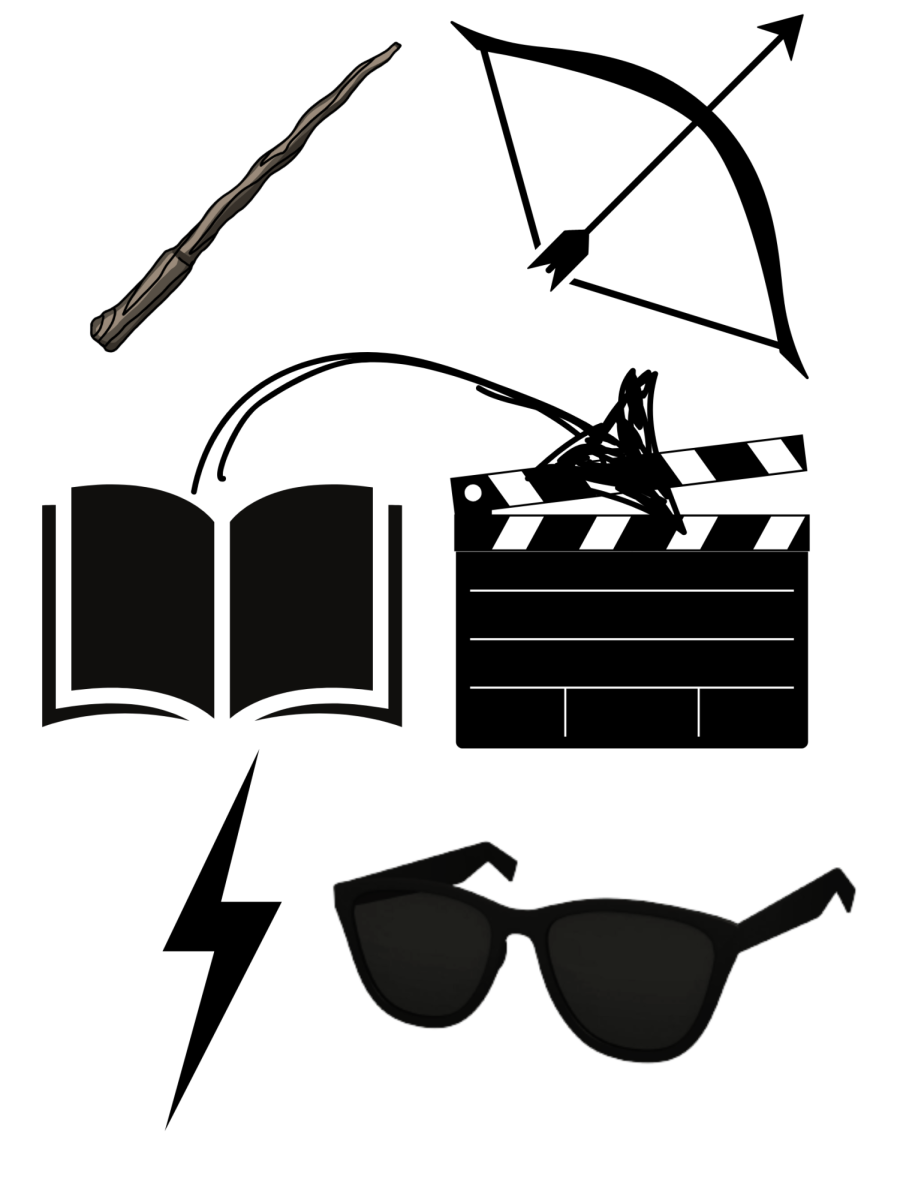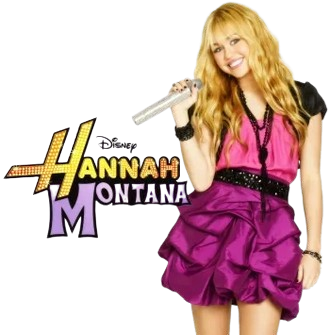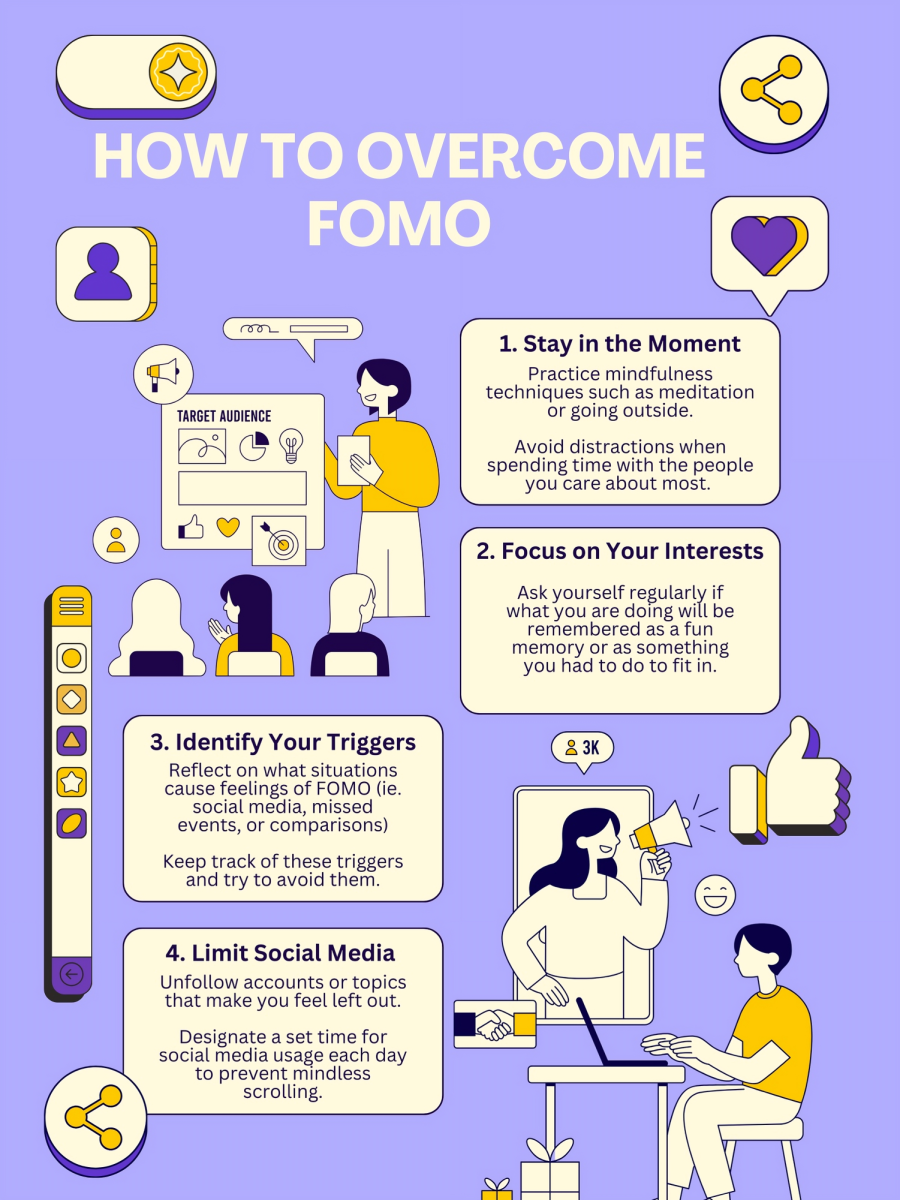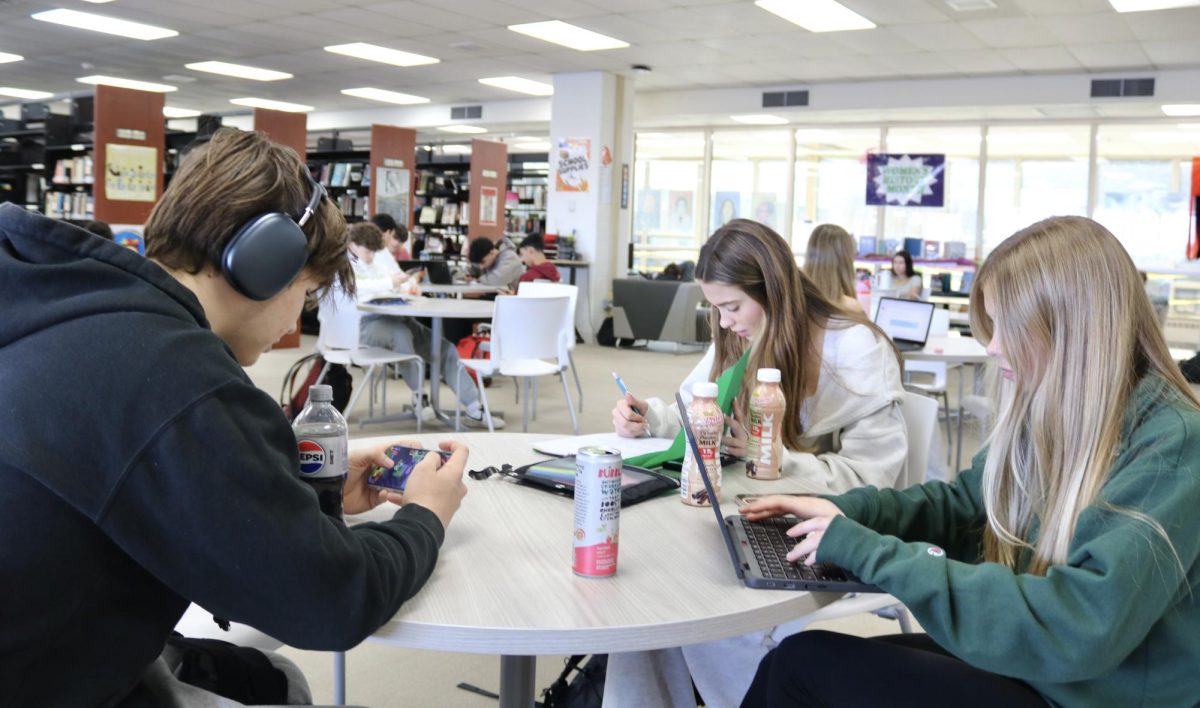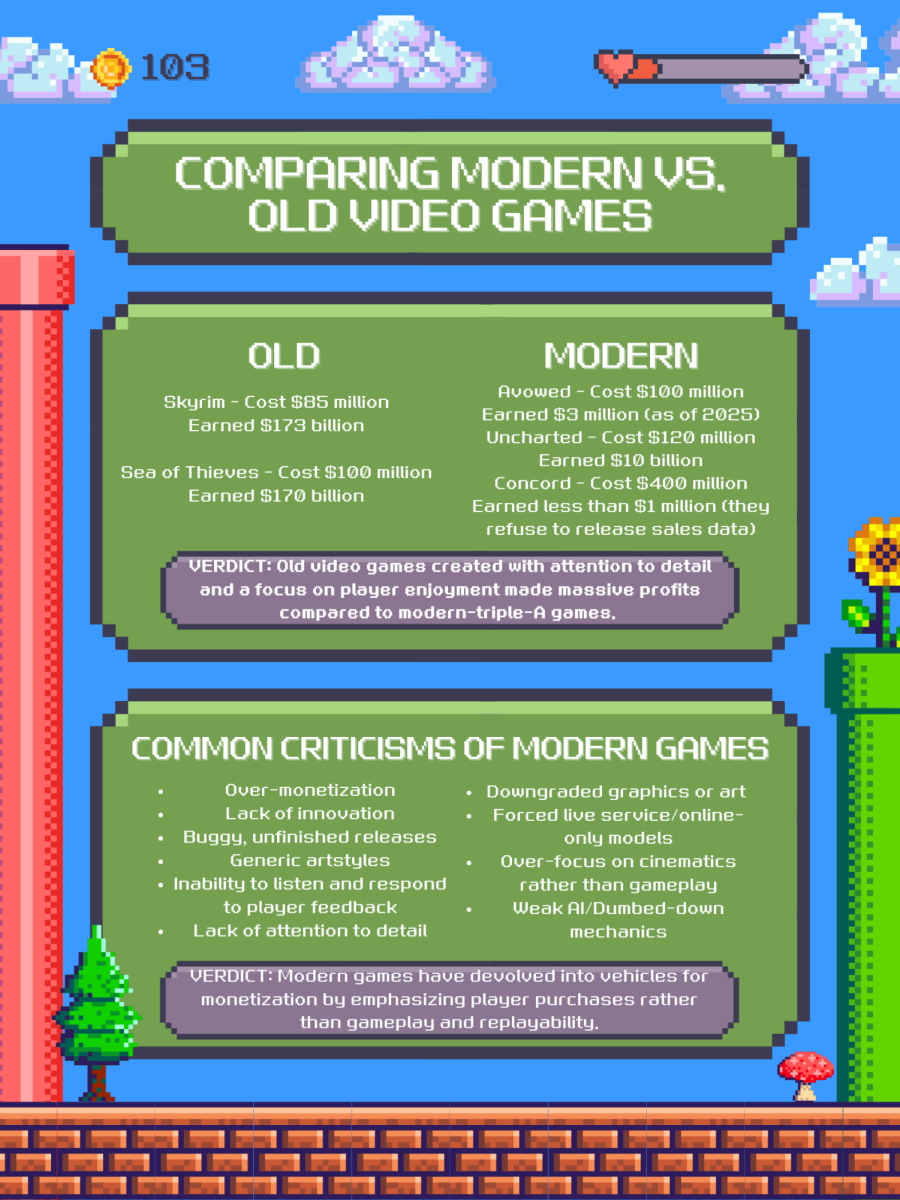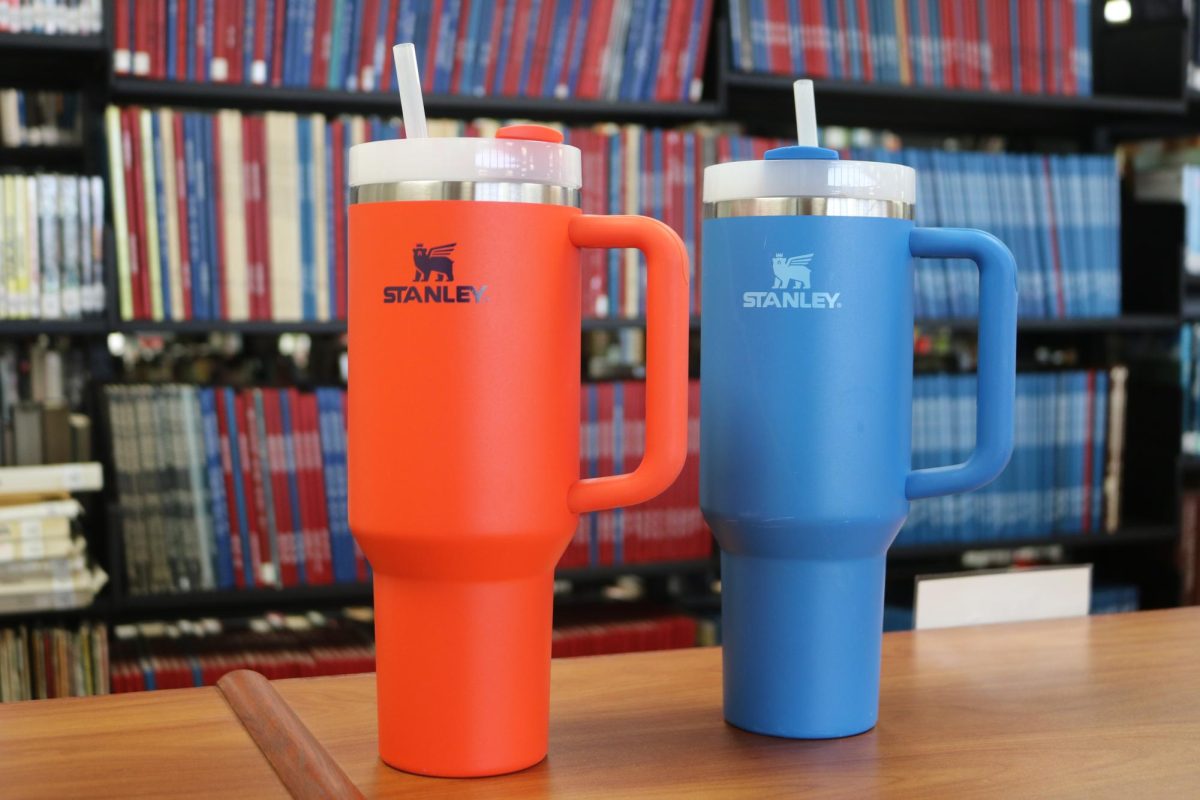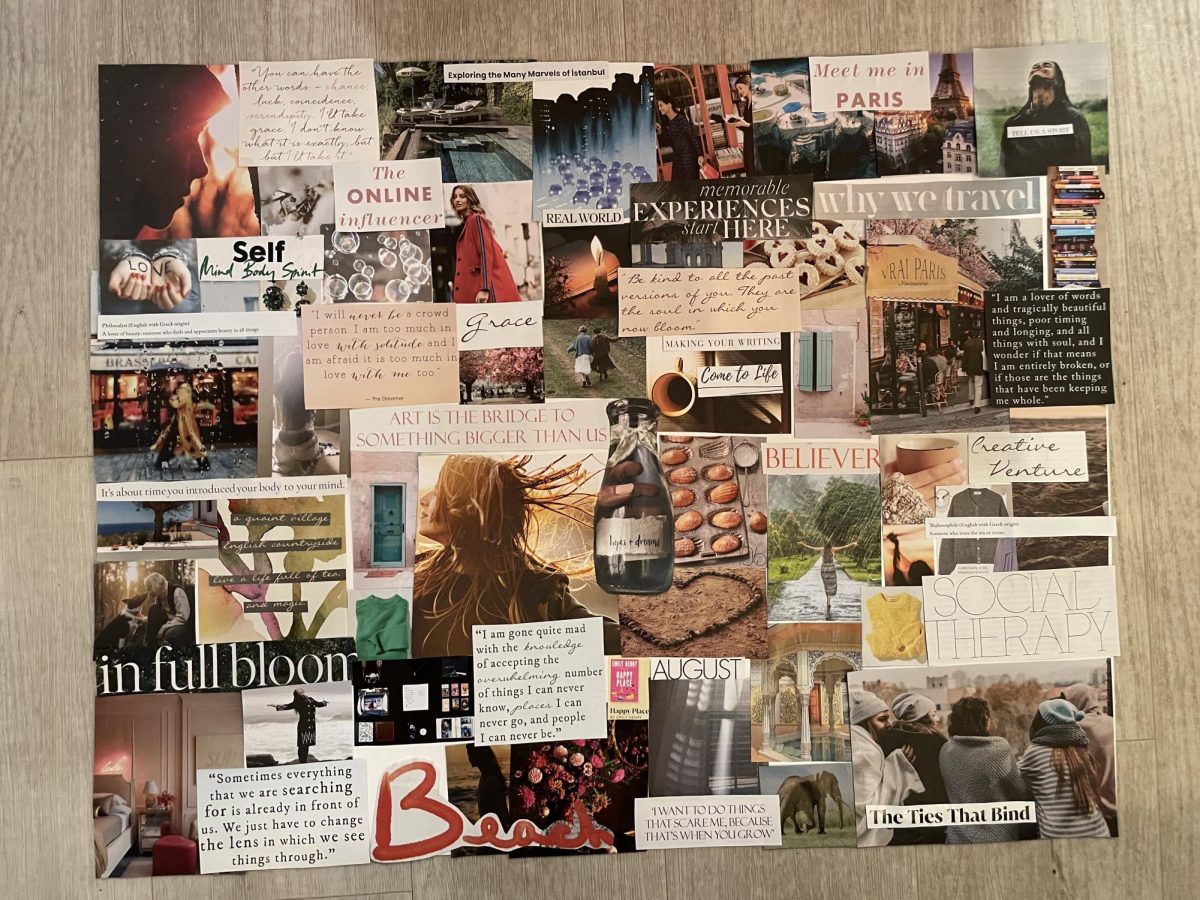The news has been flooded with horrific images, left and right, for well over a month now due to the recent events taking place in the Middle East. As a Palestinian with connections to these people and lands, I sit in disbelief at the events that continue to play out in front of the world’s eyes. This issue of “war,” “conflict” or “genocide” between Israel and Palestine has sparked a plight to uncover the truths that lay behind the uniforms and under the rubble.
While many truths can’t easily be retrieved, as this conflict is stuck with a complex history, people across the world use what the media has to offer in order to develop a perspective of mostly what recent events reveal. Personally, I have been looking at this situation mostly from the perspective of being Palestinian. The summers I spent in the Palestinian territories growing up have allowed me to further develop this perspective. Despite all my experiences, I can also look at it from the perspective of a student.
Across the country, students at high schools and universities make their stances clear, exercising their 1st amendment rights to freedom of speech whether that is through letters, protests or presentations to their school administrators. What becomes of concern, though, is the repercussions that result from such actions.
Doxxing has become mainstream. In short, it is the release of private information about an individual online, for public access, with malicious intent. This can include personal beliefs which are often exaggerated in order to misrepresent the individual in a way that would impact their future opportunities for work. But, it is not limited to only labor drawbacks. The targeting of such individuals puts their families at risk as well, as the personal information released can include information about family members.
Recently, doxxing has been implemented in university settings among heightened exposure to clashing ideas. Students at schools like Harvard have especially been affected by this. After organizations on campus released a letter regarding the state of the Middle East, students involved in these organizations faced doxxing attacks on websites, social media, and on billboard trucks displaying their names and faces, describing them as “Harvard’s Leading Antisemites.” Measures have been taken since then, such as the creation of the Task Force for Doxxed Students by Harvard.
But, the fact is, I do not study at Harvard and might not have as much protection as I speak my truth. I look back to previous protests and walk-outs that have taken place at our school in reflection.
On Tuesday, April 11, around 500 students engaged in a peaceful walkout in the parking lot outside the studio theater to show their solidarity for those affected by the school shooting in Tennessee which took place only weeks prior.
Senior Julia Boggs participated in this walkout and said, “The entire process was incredibly peaceful. I feel like it raised a lot of awareness to the situation at hand. It fostered a communal approach to an issue that affected high schoolers everywhere”.
As for protests, and their importance, Boggs said, “[Protests are] an integral part of our government. It’s one of the leading ways into creating change and getting what you want done”.
This wasn’t the only time students exercised their rights to protest.
During the pandemic, student protests took place as an aftermath of the mask mandates. On Monday, Feb. 7, 2022, students gathered in protest against the mask mandate in the main gym, practicing their 1st amendment rights. By refraining from wearing masks, students practiced their rights as citizens. Dr. K supported the students’ rights to protest.
It is a shame though, that outside of our high school, and into the real world, the same understanding may not be presented. And when sounding disagreements with the actions of your government through your 1st amendment right, there lies a possibility of putting your future and your family at risk. Our futures are now dependent on our silence, and not only as a Palestinian or as an American, but as a student, I refuse to accept this.
In the midst of conflict and division, it is our responsibility as young citizens to exercise these rights no matter the environments we are put in. We are the voices for those who don’t have any. If we want to have an impact in the world, silence is never the answer.
Boggs concluded by saying, “Even if your opinion isn’t the same as others’, it doesn’t mean that you’re not allowed to share it. Even if it’s an opinion that is not widely supported, it should still always be heard.”



